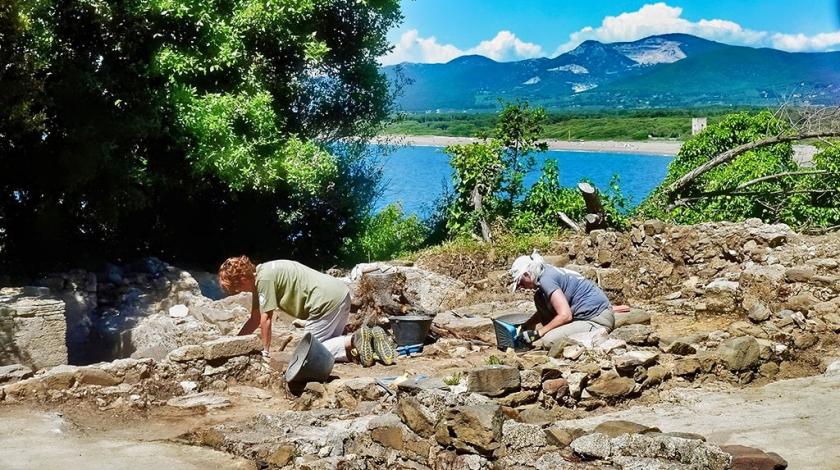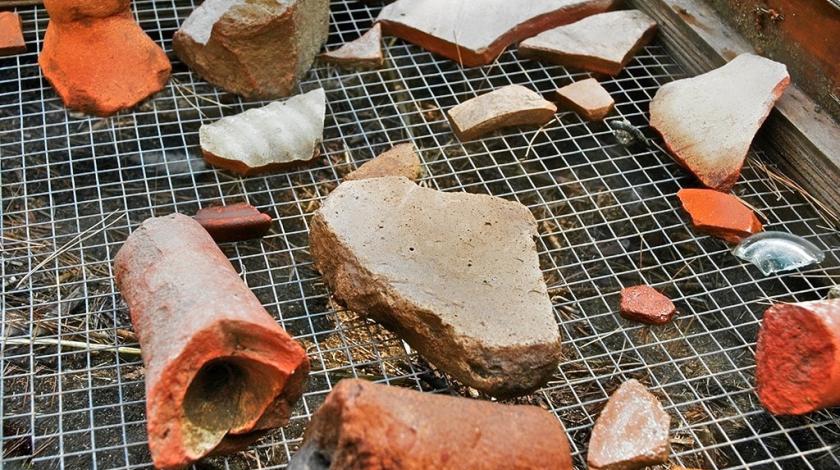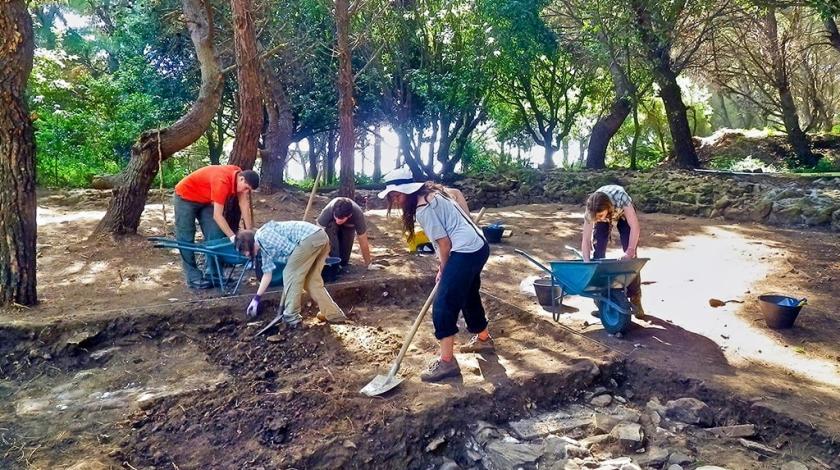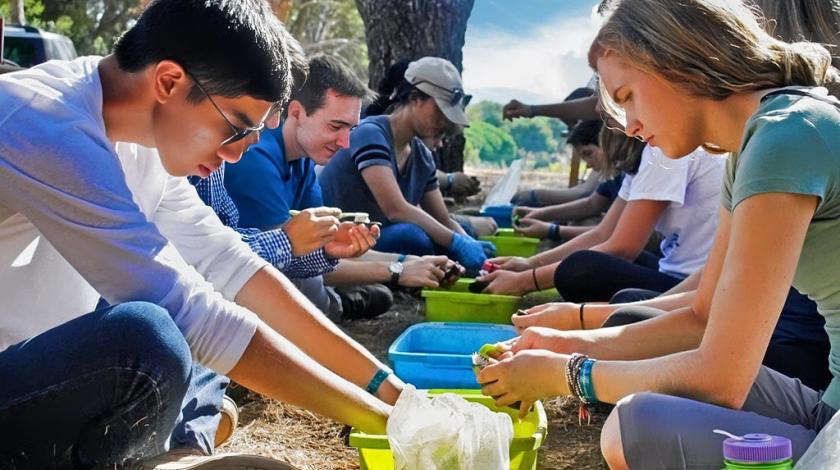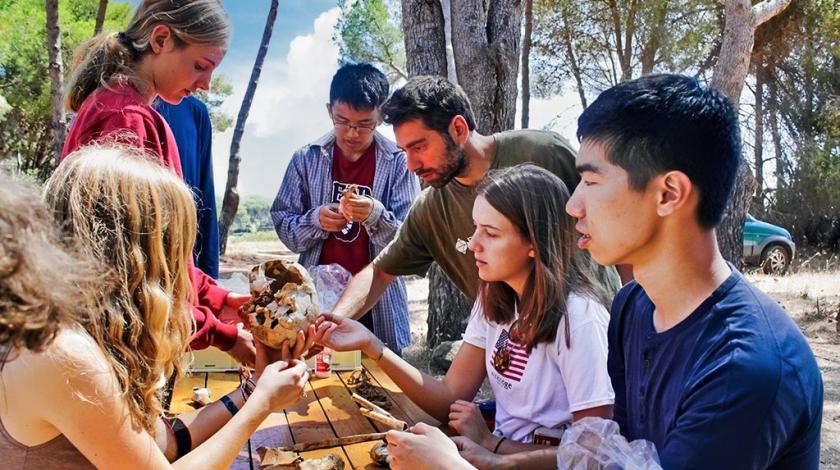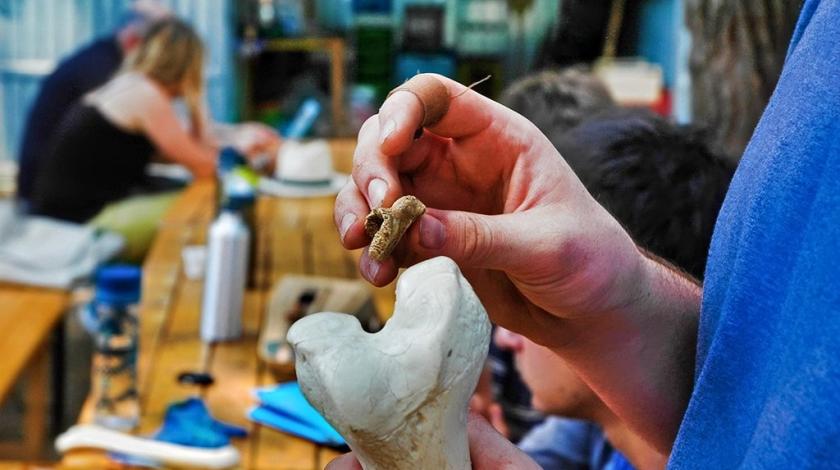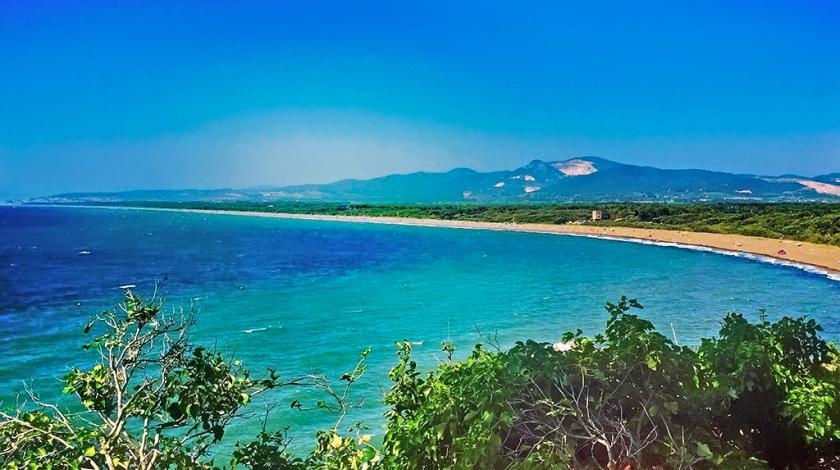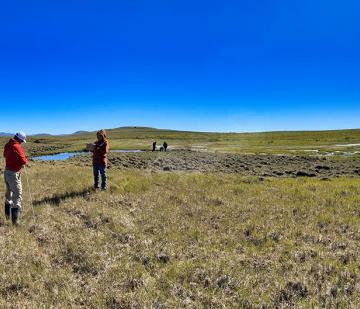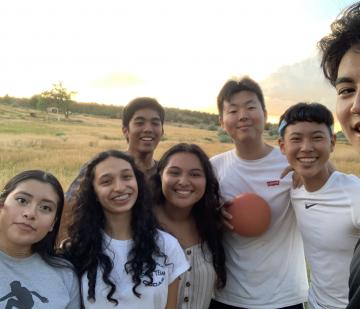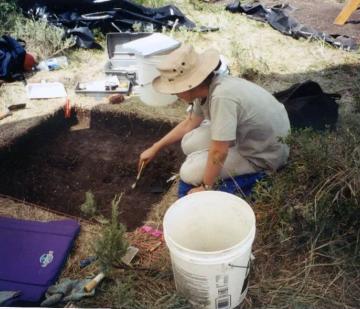BOOK WITH A $500 DEPOSIT
Unearthing Ancient History in Tuscany
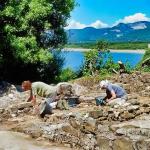
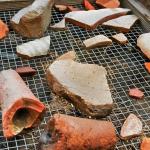
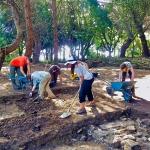
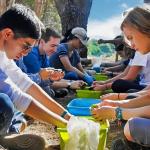
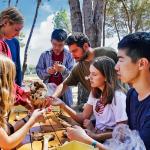
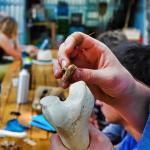
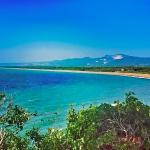
The goal of this expedition is simple: to help experts reconstruct the complex past of Populonia as fully as possible.
For hundreds of years, Populonia dominated the ironworks industry in the Mediterranean. The city's transfer from Etruscan to Roman rule around 250 B.C. did not halt its metalworking activities; iron exports supported the Roman expansion in Africa, so the ruling class had important economic interests in the area’s industrial production and commerce.
To reconstruct the economic and social history of the city of Populonia, researchers must answer many complicated questions: When and where did iron smelting occur? How did metalworking and trade shape the society of the city? Who were the ancient people who lived and worked in the harbor, the mines, and the iron smelting industry?
By joining this expedition, you’ll help fill in gaps in knowledge about the Populonia area. Your team will excavate the Roman settlement of Poggio del Molino.
Live the life of a professional archaeologist as you unearth artifacts, then clean and study them. You might also try rebuilding original objects from the fragments you’ve discovered. You’ll have an unparalleled chance to get close to Italy’s ancient past.
.
A Typical Itinerary
- DAY 1: Arrival, travel to accommodations, welcome presentation
- DAYS 2–6: Excavations, catalog artifacts, map excavation sites
- DAY 7: Departure
You also have the option of joining the expedition for two weeks.
.
.
HOW WILL YOU HELP
.
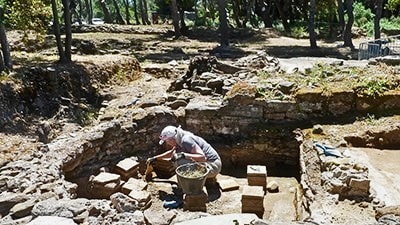
Excavate artifacts
You'll spend most of your time removing the earth around objects with trowels, brushes, and other tools.
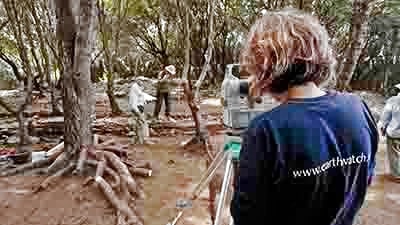
Map excavation sites
To help record the layout, excavations, and where objects have been uncovered, you will help draw features of the site.
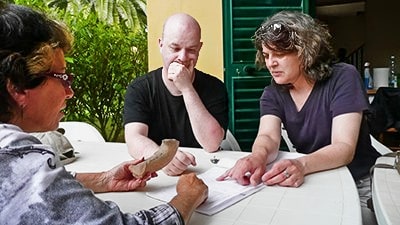
Record, analyze, and preserve artifacts
Help clean and catalog the finds you uncover and analyze the source and age of stones used as building materials. When you find bits of pottery, you'll try to reconstruct the original vessel. You'll also draw and do some basic conservation of building decorations, such as mosaics.
Field conditions and research needs can change the itinerary and activities. We appreciate your cooperation and understanding.
.
FEEDBACK & QUESTIONS
7 Reviews on this Expedition
GET EARTHWATCH NEWSLETTER
Bi-weekly announcements, new expeditions, and updates on our impact around the globe.
